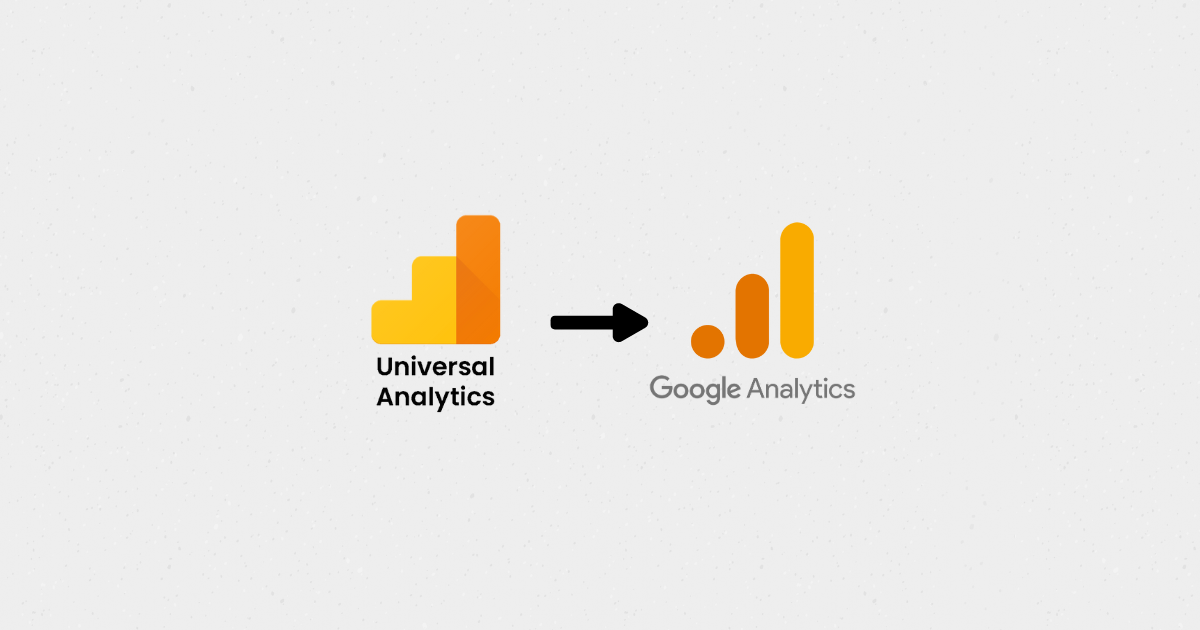On July 1, 2024, Google Analytics 4 properties will have completely replaced Universal Analytics properties. From that date, Google will begin to disable all Universal Analytics services and its APIs, so Universal Analytics properties will not be accessible through the Google Analytics frontend or APIs. If you haven’t switched to Google Analytics 4 properties yet, we can help you.
Universal Analytics Data Export
To continue accessing your Universal Analytics property data, you need to download or export it now. If you do not do so by following any of the methods indicated in the Google Analytics Help Center, Google will permanently delete your data and it cannot be recovered. If you want to continue using the BigQuery integration to export your property’s historical data from Universal Analytics 360, we strongly recommend that you start the process immediately.
Product Integrations
Universal Analytics data and settings you access or use through an advertiser, publisher, or other integration will no longer be available when services are discontinued. For example:
-
Universal Analytics eCommerce goals and transactions will no longer measure conversions, even on linked ad accounts. This could impact ad campaign performance if those conversions are used in conjunction with Smart Bidding.
-
Universal Analytics remarketing lists will be closed, which could impact ad campaign performance and media activation.
-
Requests to APIs regarding Universal Analytics properties will not be executed, including requests to delete Universal Analytics data through the User Deletion API. This also means that tools that rely on an API, such as Looker Studio, will not display Universal Analytics data.
-
BigQuery export and replenishment of Universal Analytics 360 property data history can only be requested until June 30, 2024. Data that has already been exported will still be available in BigQuery.
-
Projects will be removed from the Attribution beta in Google Analytics.
How to prepare for the end of Universal Analytics?
As we have mentioned, it will be necessary to migrate all the data to Google Analytics 4. The sooner the better. It is a reality that Google Analytics 4 has replaced Universal Analytics. Here are some steps you can take to navigate this change:
-
Understand the Differences and Improvements of GA4: Google Analytics 4 is the new default version of Google’s free web analytics tool, with huge changes to the interface and data model compared to Universal Analytics (UA), as well as cross-device reporting and the incorporation of Firebase features to unify the measurement of various Apps and web pages. GA4 offers user-centered measurement, does not depend exclusively on cookies and operates on all platforms, offering an analysis experience more in line with the digital future.
-
Setting up Properties in GA4: If you already use Universal Analytics, you can add a GA4 property to your current settings. This is done through the GA4 Setup Wizard in the Google Analytics interface, which will allow you to collect data in parallel with Universal Analytics without modifying your existing settings.
-
Data Migration and Settings: Although Universal Analytics will stop processing new data, previously collected data will remain accessible for at least six months after the end date. It is essential to start moving your data and configurations to GA4 as soon as possible to ensure a smooth transition.
-
Installing GA4: You can install GA4 on your website in several ways, such as directly integrating into platforms like Wix or Squarespace if they support GA4, or by using the Google Analytics gtag.js tracking code. Another recommended option is through Google Tag Manager, copying the GA4 measurement ID and setting up a new tag for GA4 within the Tag Manager.
-
Verifying and Publishing Changes: It is crucial to test and verify that the GA4 tag is working correctly on your website before publishing changes. This can be done through previewing in Google Tag Manager and watching the events in the DebugView section of GA4.
Remember that this transition is an opportunity to familiarize yourself with the new features and improvements offered by GA4, designed for more advanced and privacy-friendly web analytics. Starting early will allow you to better adapt to these developments and make the most of GA4’s capabilities for your data analysis.
